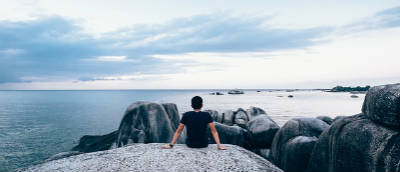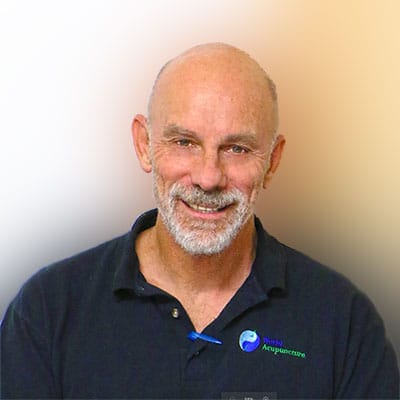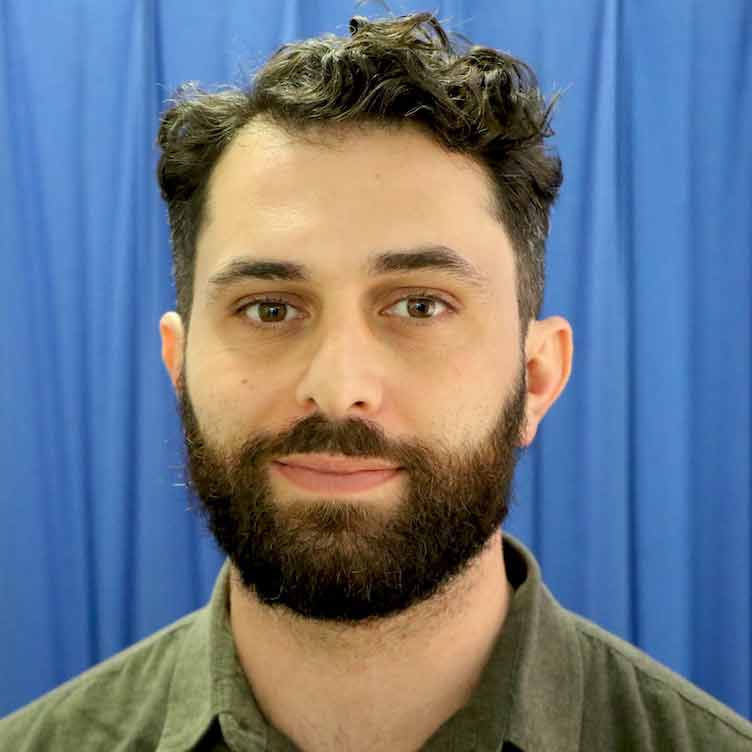Acupuncture For Anxiety Brisbane
Japanese Acupuncture can be used to relieve stress and feelings of anxiety which are rife at the moment. Many people come to our Acupuncture Brisbane clinic to seek relief from this debilitating experience and feelings.
Acupuncture is a very powerful, holistic approach to assisting those experiencing stress and feelings of anxiety. How does this work? In our experience, acupuncture is incredibly effective therapy that addresses the core fundamental imbalances that cause the rise of feelings of stress and anxiety.
Can Acupuncture Help With Anxiety?
Acupuncture, an ancient practice that involves inserting needles into acupuncture points on your body, is becoming a popular alternative treatment for people suffering from overwhelming stress and a sense of anxiety.
Acupuncture works with the body systems to assist the central nervous system, which governs the rise of stress in the body. The central nervous system, when in a balanced (homeostatic) state, supports to the muscles of the body and mental stress to return to its balanced and relaxed state. This is our natural state, a state of harmony, which thus relieves symptoms of stress and feelings of anxiety.
Japanese acupuncture restores the balance between the Yin and Yang energy and restores the body to its proper energetic and healthy state.
Stress, Anxiety, Depression
Yin and Yang
There are two essential polarities in the practice of Japanese Acupuncture – the Yin and the Yang. Most people will know of the “Yin”, which is the dark aspect of the circle (used to illustrate these polarities), and the “Yang” which is the light aspect. The philosophy of East Asian Medicine clearly states that the Yin – the cool, dark or resting principle – controls the Yang, which is the active, hot, expansive principle. The Yin principle is the contractive principle.
The universal principle from East Asian Medicine is that the Yin or the form restricts the energetic or active principle and the Yang, the active principle, enervates the form so that it can move. So this gives us a wonderfully simple but comprehensive philosophy.
If we look at stress and feelings of anxiety utilising this philosophy, it provides a very clear perspective. The Yin requires rest and sufficient sleep and sufficient time without stimulation. When we look at our lifestyle in the 21st Century, we notice that people turn on their computer each day and there is television 24/7. We have every form of stimulation we want to know about at our fingertips. So with this endless stimulation and work stresses such as pressured timelines and uncertainty about job security, it is understandable why people are suffering stress and that sense of anxiety.
Performance-orientated anxiety
Today we are dealing with a performance-oriented scenario – if you don’t make the grade, you are gone. This is a subliminal pressure – reflected in the need to get to work on time, to catch the bus/train or leave home by car at a specific time to avoid the peak traffic. We are all subject to this and in conjunction with this underlying pressure is the pressure associated with our individual personal lifestyles (what goes on in our personal lives) – the stresses, the losses and bereavement, moving house, mortgage foreclosures or debt. There are just so many stressors. Also, the media frequently seeks to generate high anxiety as this sells copy, with no regard to the effect on individuals!
So the bottom-line is the Yin, the calming principle, is diminished at a much earlier age. Even for our children, the pressures are great – the pressure of school, achieving the High School Certificate and the overall need to conform to all sorts of cultural norms. The pressure on individuals is extraordinary.
In the academic environment, we have the pressure on university students to get work done in tight timeframes. I see a lot of Honours, PhD and Master’s students who are suffering from stress and ever present sense of anxiety. I also see students in senior years in high school – all of them “under the hammer” from the academic system that seems to take great pleasure from squeezing the very life out of the students. Excuse me if I am very emotive about this subject, but I don’t see that this level of pressure is in the best interests of the human race, regardless of the level of achievement – the costs emotionally and environmentally are enormous.
The Yin principle – the cooling, resting, calming principle – becomes diminished, and the Yang principle – the active principle – becomes overactive. The Yang acts like a class of children at school when the teacher is not there – they just do what they want.
So instead of the Yang energy being channelled through the structure or the human body in an active, purposeful, constructive and creative manner, it becomes a very deleterious energy and it erodes at the gut – it causes ulcers, nose bleeds, headache, stiff neck and shoulders and RSI. From an East Asian Medicine perspective, this is the basic underlying cause behind so many of these inflammatory conditions. There are also other unhealthy conditions, such as heartache and the inability to relax, resulting from this harmful energy generated through stress and a sense of anxiety – and we could go on ad infinitum to explore the health consequences.
I am extremely passionate about this area – I’m not happy with this situation as it exists in the 21st Century for the children coming through the system. It is very onerous for them and there is no question about it – I see the results of these stressors daily.
Anxiety Relief
So if you need to gain relief from stress and those feelings of anxiety, please do not hesitate to visit our Japanese Acupuncture clinic in Brisbane.
Alan Jansson
B.Ac (Acupuncture)
Alan Jansson is an internationally recognized teacher and practitioner of Japanese Acupuncture. In clinical practice for 35 years, he is driven by a strong desire to use the consumer friendly nature, clinical efficacy and potency of Japanese Acupuncture to benefit all who seek his assistance, he is passionate about delivering excellence and positive clinical outcomes for his patient’s.
Owen Formosa
BHSc, MAppSc (Acupuncture)
Owen graduated with a Bachelor of Health Science and Chinese Medicine/Acupuncture, through Endeavour College of Natural Medicine. Other academic achievements include Cert IV Massage, Diploma of Remedial therapies and Shiatsu Meridian therapy, where he achieved the Principals Award for consistent clinical outcomes.



